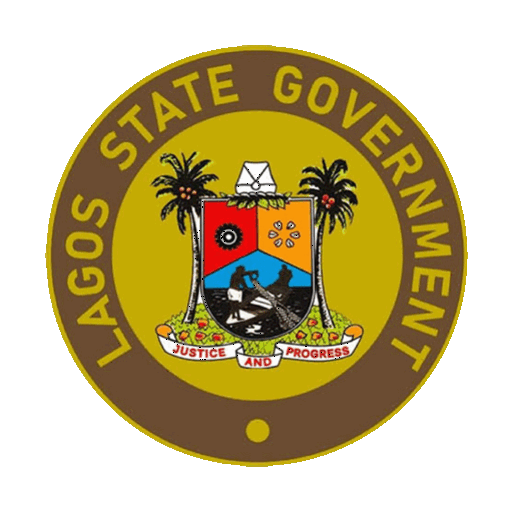
Lagos State is at the forefront of embracing sustainable practices through the Circular Economy sector. With an estimated $2.7 billion by 2030, the Circular Economy presents an unprecedented opportunity for economic development, job creation, and environmental sustainability in Nigeria.
The Lagos Office of Climate Change and Circular Economy (OCCE) has conceived ECO-nomy Lagos as a strategic platform aimed at unlocking economic opportunities within the circular economy – as a critical means of tackling the challenges of climate change that threats the lives and living of the people and businesses of Lagos.
Platform Overview:
ECO-nomy marries the words “ECO” from ecology and “nomy” from economy to illustrate the opportunities and potentials of Eco-friendly human and industrial practices on wealth creation and total well-being. It is a comprehensive initiative comprising four pillars designed to institutionalize and catalyze the growth of the circular economy and its economic impacts across Lagos state.
The strategic pillars are:
- Stakeholder Engagements:
Goal: To foster collaboration among key stakeholders, including government agencies, businesses, NGOs, and local communities.
Objectives:
- Present the economic potential of the circular economy in Lagos State.
- Facilitate dialogue on policy frameworks that support circular practices.
- Identify challenges and co-create solutions through collective efforts.
- Market Development Initiatives
Goal: To raise awareness, promote existing circular businesses, create new markets and stimulate business and investment interests in circular economy.
Objectives:
- Develop and implement media campaigns showcasing successful circular businesses.
- Create a platform for existing businesses to network and explore collaboration opportunities.
- Establish a circular economy marketplace to facilitate business transactions.
- Circular Business Outreaches and Incubations:
Goal: To formalize and scale small circular businesses, fostering growth and sustainability.
Objectives:
- Conduct outreach programs to educate local businesses on circular practices.
- Provide support for formalizing operations and accessing resources such as finance, materials, value chain partners, etc.
- Identify and incubate viable circular businesses through mentorship and funding.
- ECO-nomy Lagos Fest:
Goal: To bring together local and international stakeholders to strategize, showcase and stimulate circular economy opportunities in Lagos
Objectives:
- Host panel discussions and workshops on circular economy policies, innovations, and best practices.
- Organize an exhibition for circular businesses to showcase their products and services.
- Facilitate discovery sessions for incubated businesses to pitch to potential investors, funders, and partners.
Impact and Outcomes:
Job Creation: ECO-nomy Lagos aims to reduce the current employment deficit in the state by more than 50% by creating jobs within the circular economy sector.
Economic Growth: The platform targets the growth of the circular economy sector, contributing significantly to the state’s GDP.
Environmental Sustainability: By promoting recycling, clean energy, and sustainable practices, Eco-nomy Lagos aligns with global efforts towards environmental conservation and Lagos’s Vision toward Zero Carbon by 2050.


